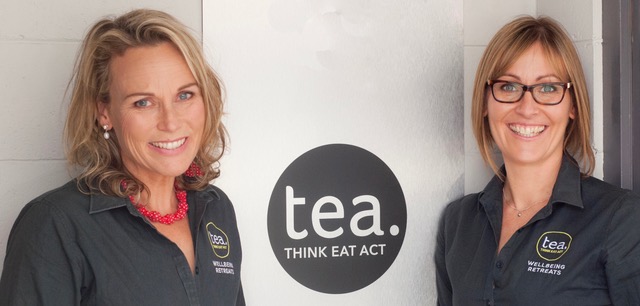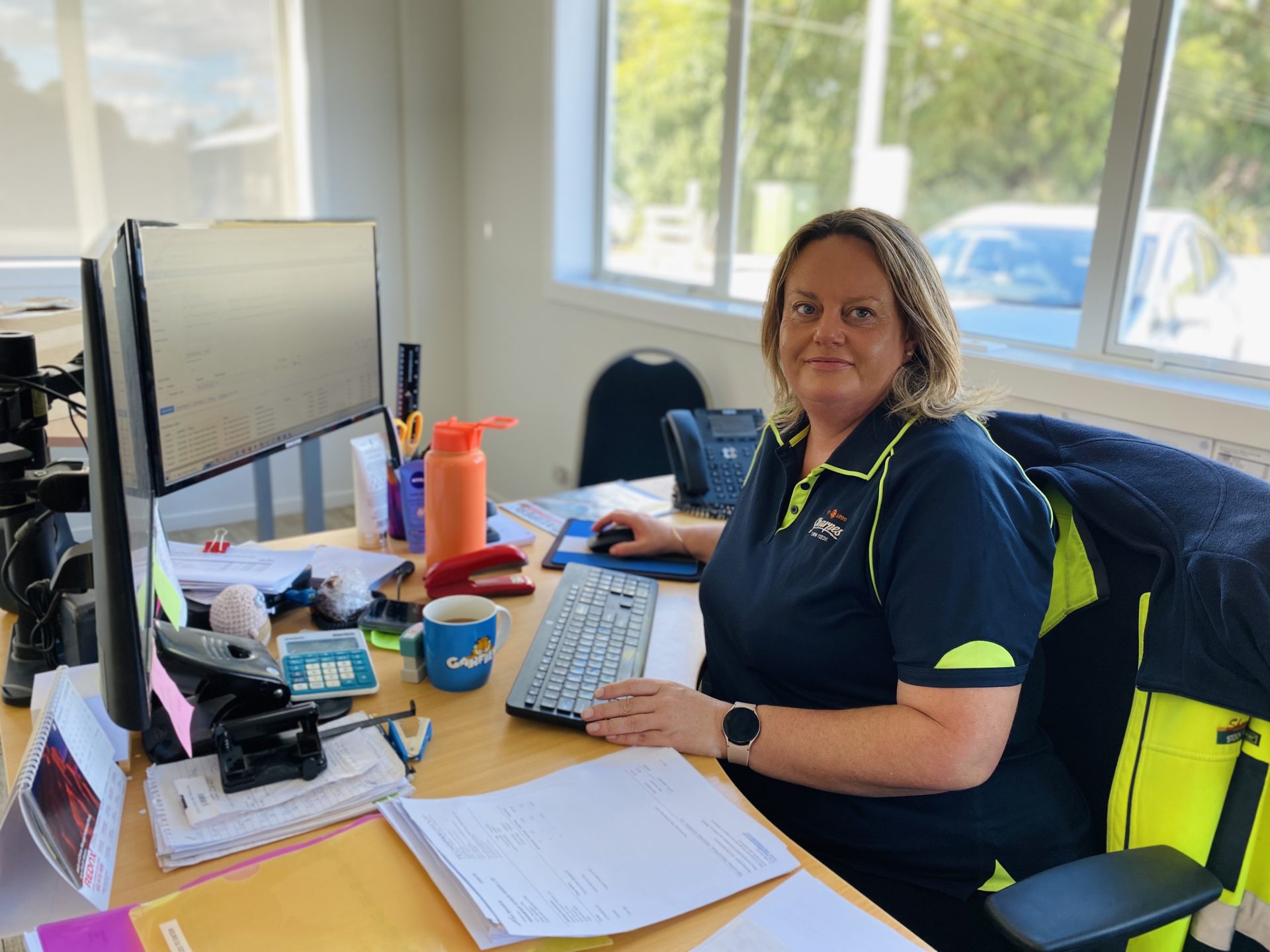In our first blog on health and wellbeing, we covered fuelling up on nutritious food, hydration, and moving your body. Today we’re exploring the importance of workplace wellbeing, and what benefits that has, both for employees and for your business. We’ll also provide some practical tips you could implement to start taking care of your wellbeing today.
Happy staff are productive staff.
Clinical psychologist, Sarah Donaldson, says there are opportunities for employers to proactively improve their business outcomes and performance, as well as create a culture where retaining staff is more likely. It’s a win-win.
“A business if only as good as its people, so invest in your people. Employees will often say they would rather have a less ideal job but work in a positive, supportive workplace where they feel valued and with good people, than a great job where there is a negative, unsupportive environment.”
Additionally, Sarah explains there is now an obligation, under the latest Health & Safety Act, for employers to identify and mitigate stress in the workplace.
For employers, there are some compelling reasons why it is worth taking a holistic view of the wellbeing of staff. It is proven that employees who are mentally and physically well are more productive and effective in their role. Therefore making better decisions, which leads to more engaged employees.
“Employers who support their team with their wellbeing through providing a healthy environment and culture, and having individual support options available, are going to benefit from more engaged and productive employees during work hours.”
Tips for supporting the wellbeing of staff
- Integrate the 5 Ways to Wellbeing into your business. The Mental Health Foundation has some excellent resources.
- Ensure there are regular recovery opportunities for you and your employees, to protect their wellbeing and have sustainable performance – just like in high performance sport where athletes have regular recovery periods in their schedule. Recovery is key for preventing fatigue and, therefore, the risk of accidents and burnout. When a business gets busy or is under-resourced, this is often the first thing to go. Yet it is what will keep people functioning well and mitigate stress, so recovery time is more important than ever during busy periods. This means brainstorming things like how you protect breaks in the day, how you plan rosters, annual leave.
- Provide some level of employee support, such as an Employee Assistance Programme (EAP), that employees can access if they are facing challenges.
- Communication and people feeling valued are two key indicators of workplace wellbeing. Look at ways to ensure there are healthy communication channels at all levels. Plus ways to reinforce the contributions employees make. Even a simple ‘thank you’ can go a long way.
Tips for supporting your own wellbeing
Take a break: Don’t sacrifice breaks and look at how you could utilise your breaks to support wellbeing. Is there an opportunity to exercise, try something new, or take a breather somewhere with a nice view? Look ahead to book in your annual leave – don’t save it up for a rainy day. If you have a busy period, look to book time off, maybe just before or just after this time.
Nutrition: Add protein and healthy fats to breakfast and lunches to establish blood sugar levels and keep you feeling fuller for longer. Plan ahead and take or stash healthy options in your cab alongside a big bottle of water. This prevents reaching for quick-fix high sugar or fat food beverages, which lead to blood sugar highs and then lows. Variety of food is key to staying well – especially whole foods (not processed) and veggies. See our earlier blog on nutrition and hydration.
Share and plan: If you’re going through a rough patch and have things on your mind, talk it out with someone and make a plan to move things forward. Focus on what you can control. Be aware that if you’re alone with not much distraction (e.g driving) those thoughts in your head might crank up, so you may need to distract yourself to get out of that negative spiral by stopping for a break or ringing someone. You could try putting on the radio or listening to a podcast or audiobook. If you are under pressure, remember, leisure and pleasure activities are the antidote to stress.
Sarah Percy and Sarah Donaldson run TEA Health and Wellbeing, dedicated to helping individuals and organisations achieve their health and wellbeing goals in the private, corporate and rural sectors. Their business also provides education and support to employers and employees in health and wellbeing https://tea-retreats.co.nz/
Check out our other blog posts




